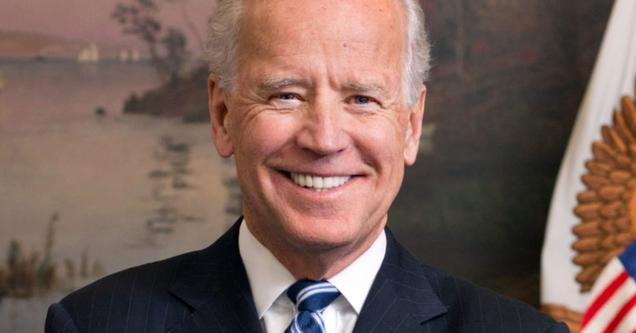
Biden signs massive infrastructure investment into law
Biden podepsal zákon o masivních investicích do infrastruktury
The package was born in a divided Congress for several months during the complex negotiations of the White House with both Democratic and Republican lawmakers. The Senate already approved it in August, and the House of Representatives added its approval ten days ago. During both votes, some Republicans also joined the Democratic Party legislators.
"This proposal is proof that, despite the cynics, Democrats and Republicans can come together and get results," President Biden said during a ceremony on the South Lawn of the White House. In a speech, he presented the bill's passage as a "colossal step forward" and an answer for Americans who are tired of "wrangling in Washington" and want the country's political leadership to focus on their basic needs. "America is on the move again, and your lives will change for the better," Biden added.
Bidenův plán na povinné očkování ve firmách narazilAmerika
The signed proposal frames spending in the total amount of around a trillion dollars (over 22 trillion crowns) over the next few years, however, it newly allocates "only" 550 billion dollars. Of these, 110 billion are intended for the restoration and construction of roads and bridges, 66 billion Washington wants to pump into railways and another 39 billion into public transport.
Ambitions were bigger
Other major programs relate to the strengthening of infrastructure in energy and water management, the expansion of high-quality Internet connections, and increasing the resistance of various types of infrastructure to the effects of climate change.
Americká sněmovna schválila plán na rozvoj infrastruktury AmerikaThe approval of massive investments is a significant achievement for Biden, but the final version of the package is significantly less ambitious than the president's original plan and, according to The New York Times, does not touch the full breadth of areas where financial injections would be needed.
"Compromises were needed to win the votes of a large group of Republicans in the Senate, and the president's ideas about investing in so-called human infrastructure, such as home health care, and strengthening the nation's infrastructure in the face of climate change were ultimately reduced or dropped altogether," the paper explains.
Challenging negotiations are still ongoing for the second spending package, which, along with the infrastructure plan, forms the backbone of Biden's domestic agenda. The set of social and environmental programs that the Democrats want to push through without any Republican support has not yet passed the House of Representatives or the Senate.
yknivoNumanzeSaNyknalC






